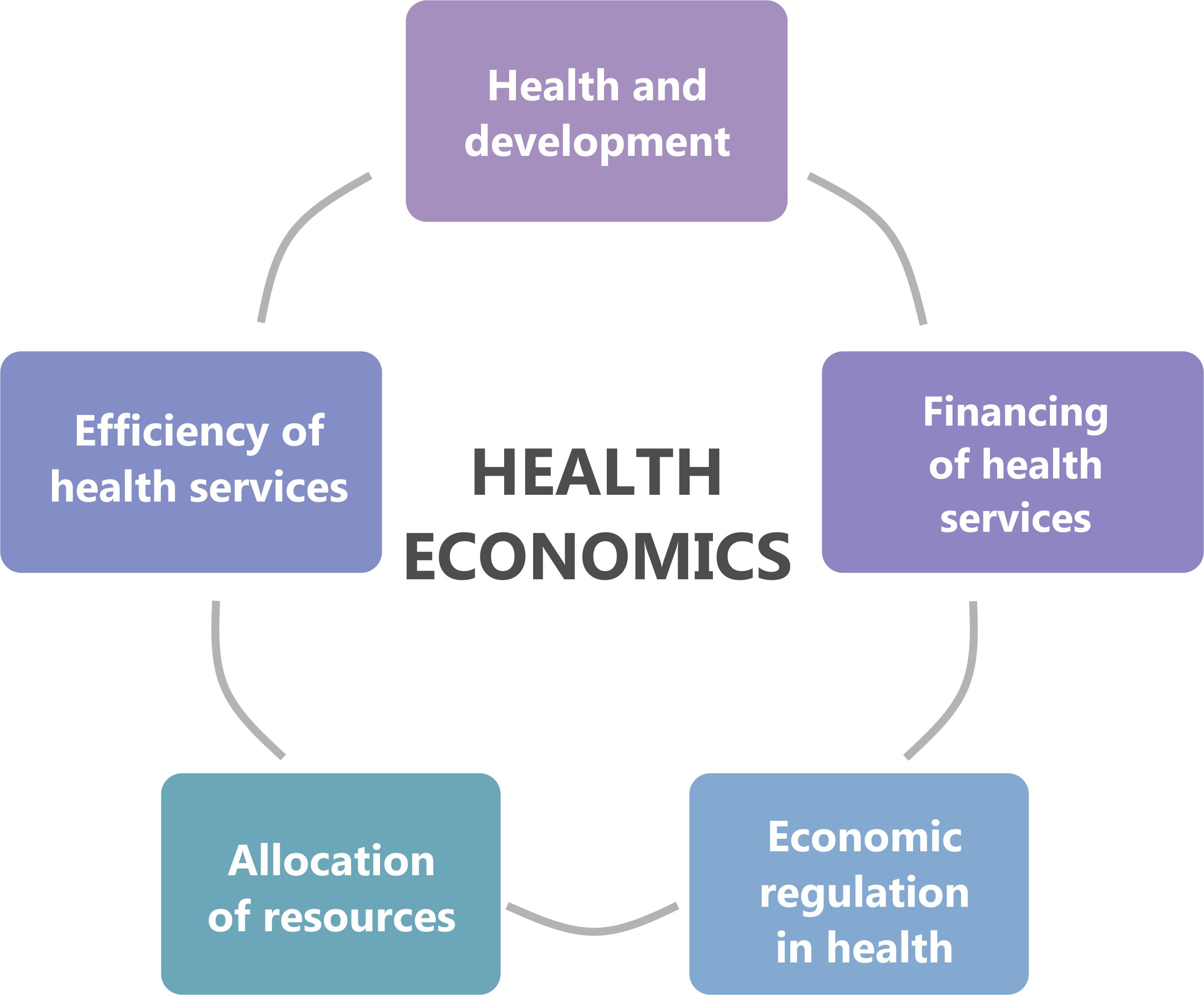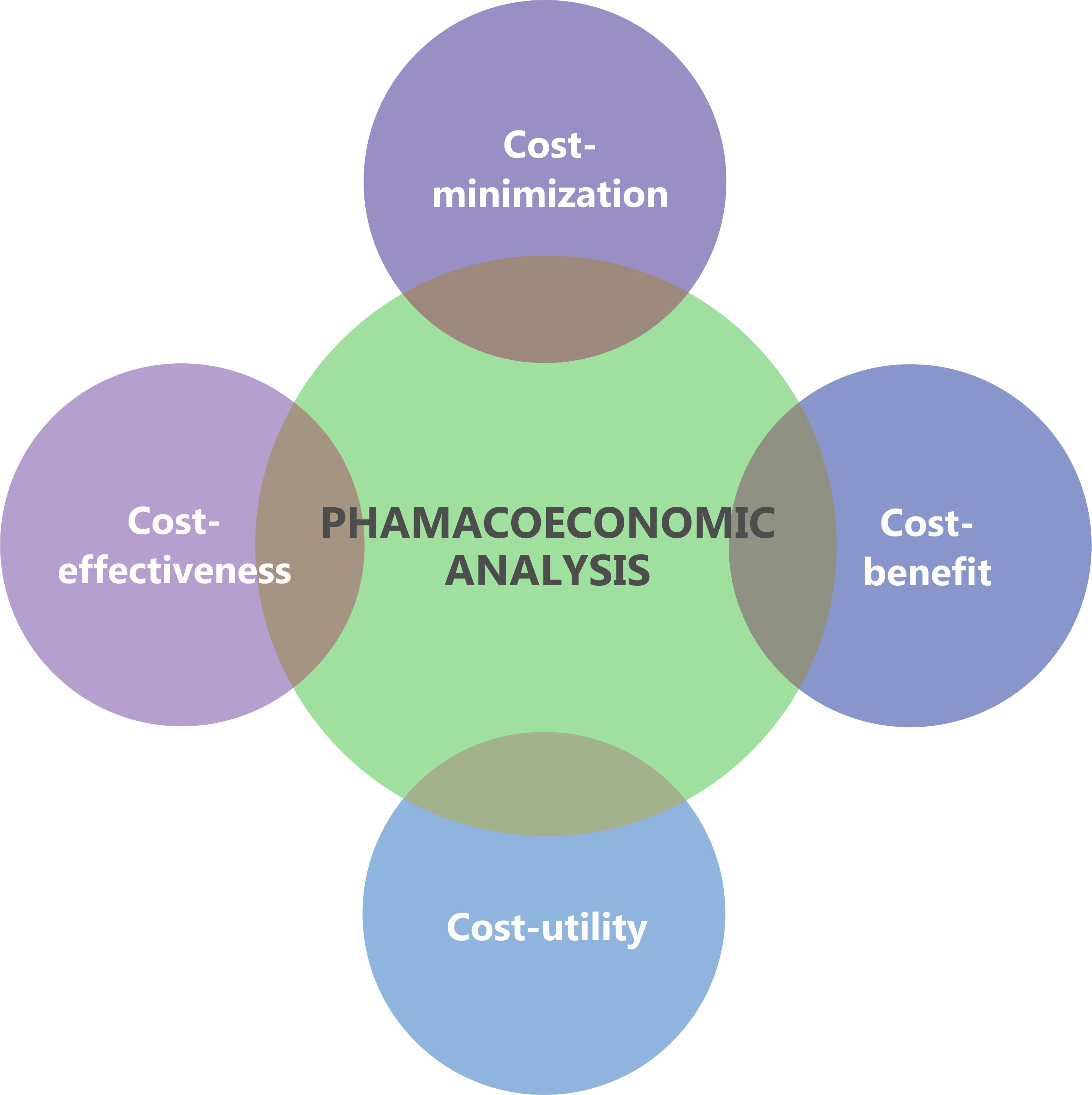WHAT IS HEALTH ECONOMICS?
Health economics is a branch of economics applied to the study of the organization, operation and financing of the Health sector and it can be defined as the application of economic knowledge to the field of health sciences, mainly as a contributing element to the administration of health services.
By studying the optimal distribution of available economic resources, Health Economics aims to improve the decision making in the health field, and finally to provide users with the best health care possible. It is a essential subject for those working in planning, administration and management of health services, as expenditures with health services are growing at a rapid pace worldwide, concerning users, governments and society as a whole.
What kinds of studies does health economics develop?
Health Economics explores relevant topics such as:
- the role of health services in the economic system;
- the system of production and distribution of health services;
- ways of measuring the impact of investments in health;
- the correlation between economic variables and health indicators;
- health professional employment, salary and the supply of manpower;
- health industry in the advanced capitalism;
- the behavior of the service provider and its customer relationships;
- cost-benefit, cost-effectiveness and cost-utility analysis of health services, health technologies and health policy
Generally, the topics addressed in Health Economics can be grouped into five major blocks:

The production of healthcare and its relationship with the development
What factors affect people’s health? What is the relationship between the healthcare industry and the social and productive sectors? What is the relationship between people’s health and the level of development of a country?
Financing of the health sector and allocation of resources
How much Brazil actually spend on health? Is there an “adequate” level of health expenditure? How the public and private health services are funded? What are the implications of each form of financing? Where and how resources are allocated in the health sector? What is the relationship between allocation, efficiency and cost?
Economic regulation
What are the characteristics of the health services market? What sets it apart from other markets? Why and how does the state intervene? With what purposes?
Distribution of resources
How to ensure good use of existing resources? How to evaluate the economic feasibility of a health program? What is the “best” intervention for a particular disease? Como avaliar se um programa “vale o dinheiro gasto” (how to access if a given program is “worth it’s cost”)?
Efficiency of actions and services in health
How are structured and organized public and private health services? One organization method is better than other? What determines the cost of a health service? How is it possible to control the expenditures on health? What is the conduct of a healthcare provider? How to choose what technology or products to offer? How a technology is chosen? How forms of compensation affect the behavior of the health service provider?
What is pharmacoeconomics?
Health Technology Assessment primarily addresses drugs, as it is a type of product with best known costs and results. Moreover, drugs are the most widely used technology, being responsible for a large impact on morbidity of diseases and also in health expenditures.
Pharmacoeconomics studies the relationship between drug use and economics, and as a field it emerged in response to the health sector financing crisis and increasing pharmaceutical expenditure.
What are the main types of pharmacoecomic studies?
There are four types (of studies) most common in Pharmacoeconomics: cost minimization, cost-benefit, cost-effectiveness and cost-utility. Characteristic details of each study can be seen by hovering the mouse over the figure below.





























